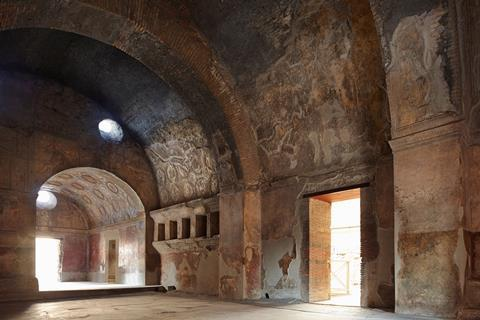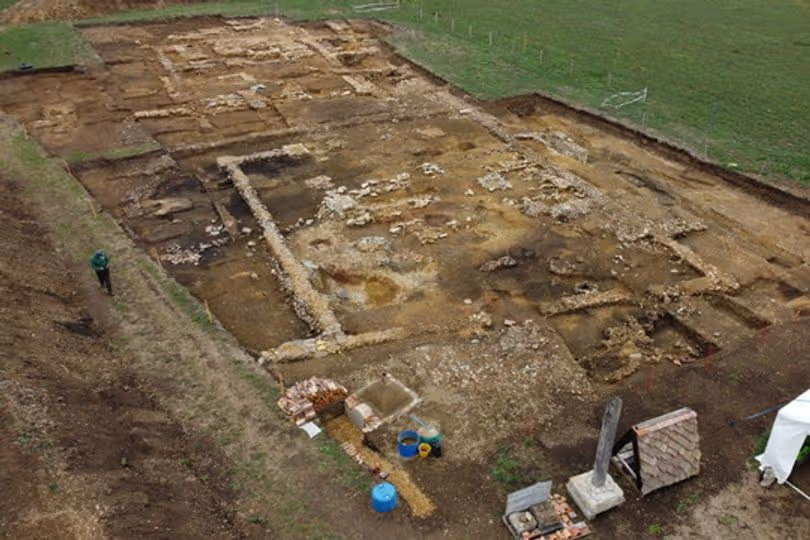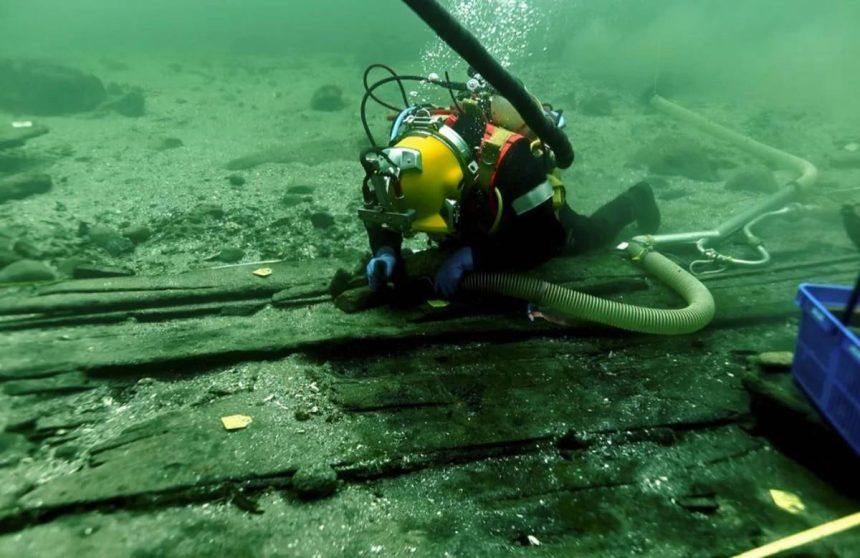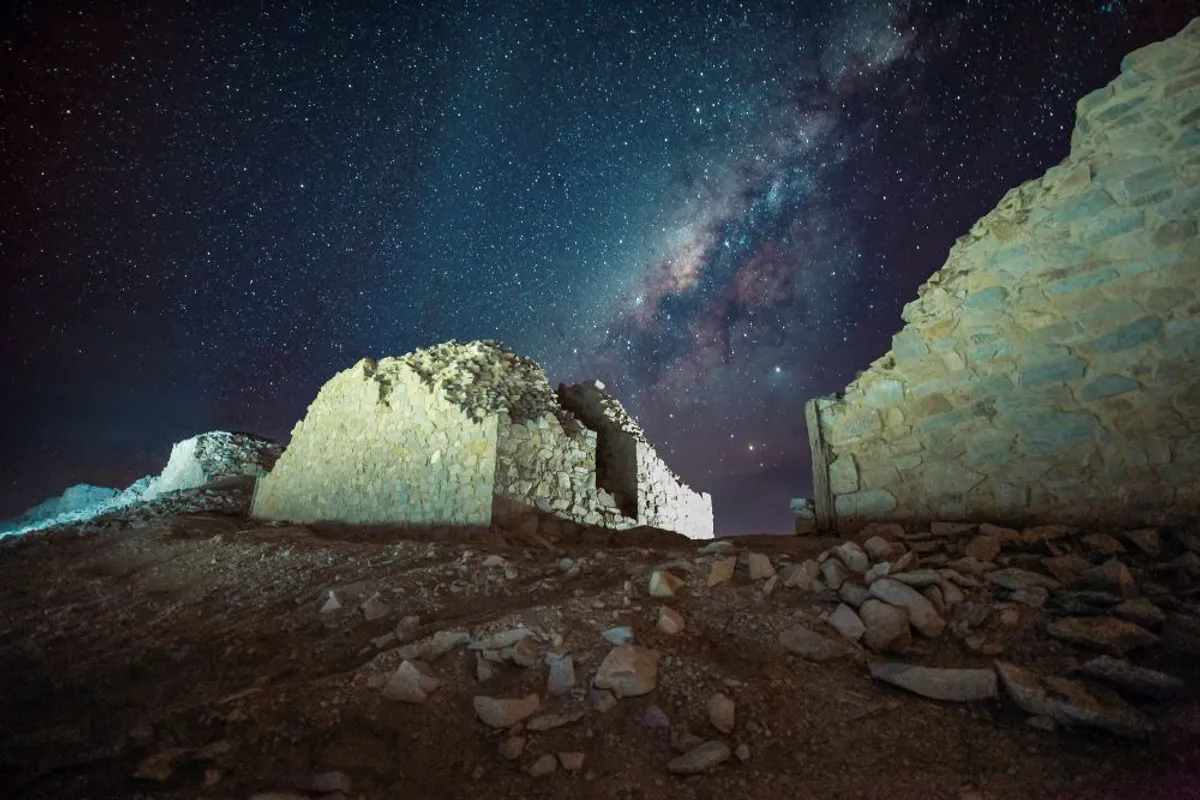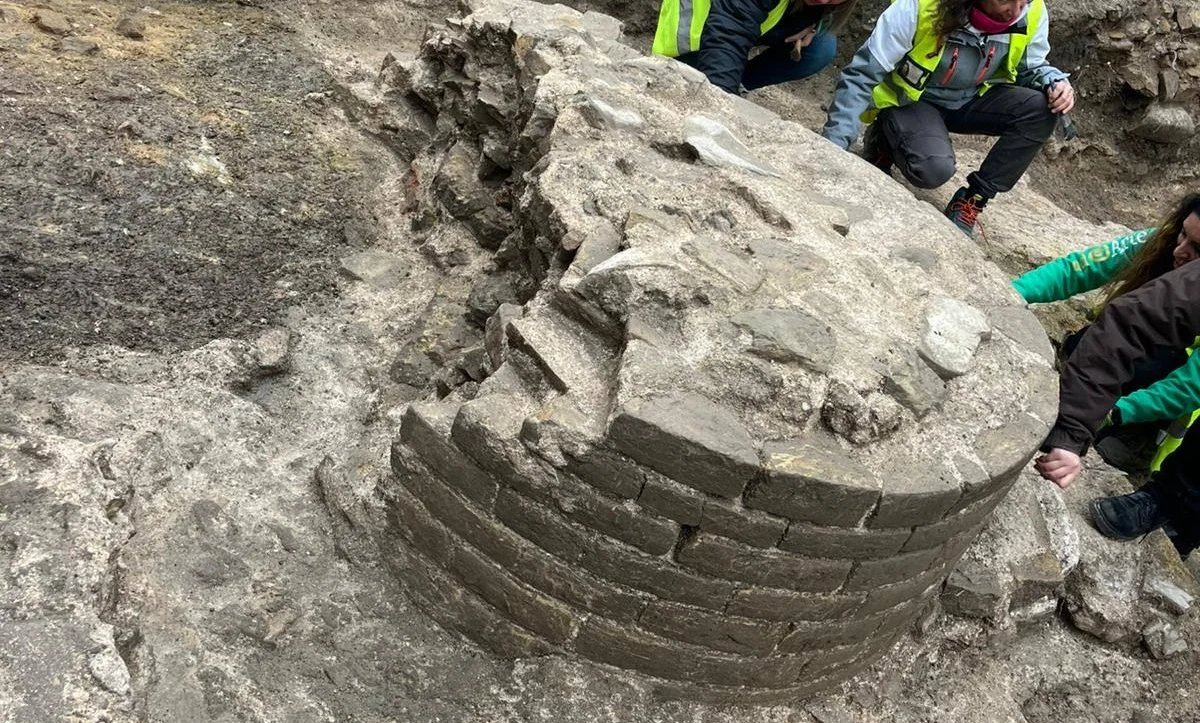When Greece won its independence in 1822, Athens was far removed from the grandeur it once symbolized in antiquity. Reduced to a small village of about 4,000 inhabitants, the city bore the scars of centuries under Ottoman rule. Ancient ruins, such as the Acropolis and the Parthenon, stood as somber reminders of a glorious past that had faded into obscurity. Despite its diminished state, Athens was chosen as the capital of independent Greece in 1834—a decision steeped in symbolism and sentiment.
This choice was not pragmatic, as larger and more developed cities, like Nafplio, were better positioned to serve as administrative hubs. However, Athens' historical significance as the birthplace of Western civilization and democracy made it an ideal emblem of Greece’s rebirth as a nation. To the newly independent Greeks, the city represented a connection to their illustrious heritage and a vision of a future where that legacy could be restored.
The Transformation Begins
Athens’ designation as the capital marked the beginning of a remarkable transformation. Initially, its small population and rudimentary infrastructure presented significant challenges. However, the appointment of architects and urban planners from across Europe helped reshape the city. Under the reign of King Otto, neoclassical buildings began to emerge, blending modern functionality with aesthetic nods to Greece’s ancient architecture. The royal palace, now the Hellenic Parliament, and other landmarks were constructed, setting the stage for Athens’ growth.
Rapid Urban Expansion
The late 19th and early 20th centuries brought waves of migration to Athens. Refugees from Asia Minor, particularly after the Greco-Turkish War (1919–1922), swelled the population and catalyzed urban development. Neighborhoods like Plaka and Exarchia began to take shape, balancing tradition with the demands of modernity.
By the mid-20th century, Athens had evolved into a bustling metropolis. Industrialization, improved transportation, and economic opportunities drew people from across Greece. This rapid growth brought challenges, including overcrowding and pollution, but also cemented Athens as the political, economic, and cultural heart of the nation.
A Modern Metropolis with Ancient Roots
Today, Athens is home to over 3 million residents, making it the largest city in Greece. Its skyline is a blend of ancient landmarks and contemporary architecture. Iconic sites like the Acropolis and the Parthenon serve as timeless symbols of Athens' historical legacy, attracting millions of visitors each year.
Beyond its ancient wonders, Athens is a vibrant modern city. Neighborhoods such as Monastiraki and Gazi are hubs of arts, culture, and nightlife, reflecting the dynamic energy of the city. The annual Athens Epidaurus Festival showcases Greece's rich theatrical tradition alongside contemporary performances, highlighting the city’s role as a cultural powerhouse.
The Enduring Spirit of Athens
Athens' journey from a forgotten village to a thriving metropolis mirrors the resilience and determination of the Greek people. It stands as a testament to the enduring power of history and identity in shaping the future. Blending its illustrious past with a vibrant present, Athens continues to inspire as a city where antiquity and modernity coexist in harmony.


